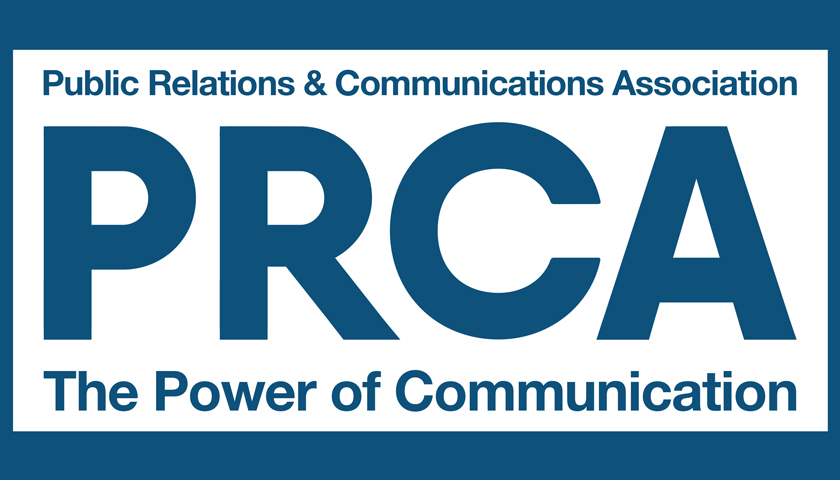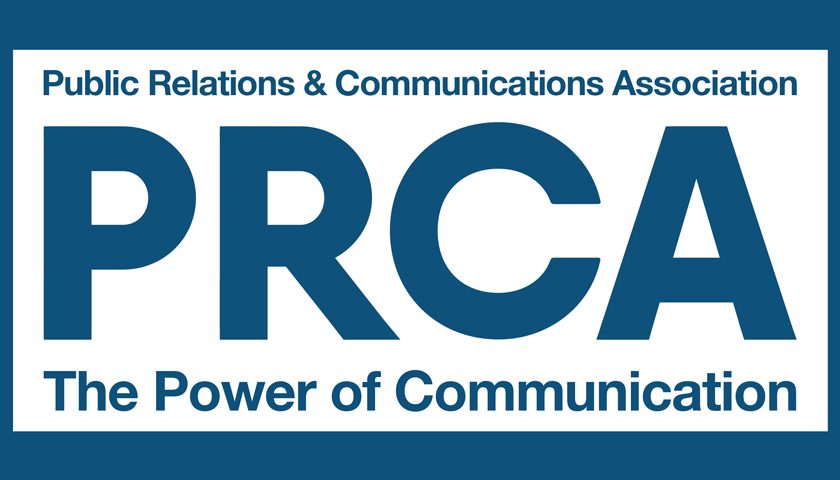In response to Business Insider’s report of a niche, publicly traded U.S. aviation company allegedly creating a fake, non-existent corporate spokesperson, the Public Relations and Communications Association (PRCA) Ethics Council has reminded corporations worldwide that such alleged practices could breach the PRCA Code of Conduct.
As reported by Business Insider (and further covered by Bloomberg) about the case, a “made-up persona invented by (the company’s CEO and colleagues) “served as the institutional voice of (the company) in stories about the company’s compliance with federal regulations, medical-supply shuttles, and negotiations” with a municipality.
The alleged fake spokesperson “has been quoted by The New York Times, the New York Post, Curbed, The Washington Post, Fox Business, CNN, and Insider,” according to the report by Business Insider.
The PRCA Code of Conduct clearly states (Section 2.3) that public relations practitioners “have a duty to ensure that the actual interest of any organisation with which they may be professionally concerned is adequately declared,” and (Section 1.4) PR spokespersons should not “conduct themselves in any manner detrimental to the reputation of … the Public Relations and Communications profession.”
PRCA Director General Francis Ingham MPRCA said:
“On the face of it, this is one of the more bizarre incidents we’ve seen concerning a communications-ethics breach, and the PRCA applauds journalists Gabrielle Bluestone and Dominic-Madori Davis of Business Insider for researching, uncovering and reporting evidence in this case.
“While this incident did not involve any PRCA members – and, arguably, may not even have involved any actual public relations practitioners, since the alleged false spokesperson apparently was concocted by the company’s CEO, by his own admission – our Ethics Council wishes to make clear that improper representations of spokesmanship are antithetical to sound public relations and an egregious disservice to informational integrity and public trust.”
Added Mary Beth West, co-chair of the PRCA’s Ethics Council and a U.S.-based practitioner with Fletcher Marketing PR:
“Publicly traded companies based in the United States also should be reminded that the U.S. Securities & Exchange Commission enforces numerous rules governing communications – not the least of which is Regulation FD (“Fair Disclosure”) – which includes certain requirements and provisions for any person serving as an ‘authorized spokesperson.’”
“Clearly, any company engaged in falsifying the identity or even the very existence of a named spokesperson is not just engaged in ethical misconduct,” West said. “Under particular circumstances, there could be serious regulatory compliance and legal consequences.”
More information can be found about the PRCA Professional Charter and Codes of Conduct at prca.org.uk/campaigns/ethics.
PRCA speaks out against alleged ‘made-up persona’ as spokesperson

